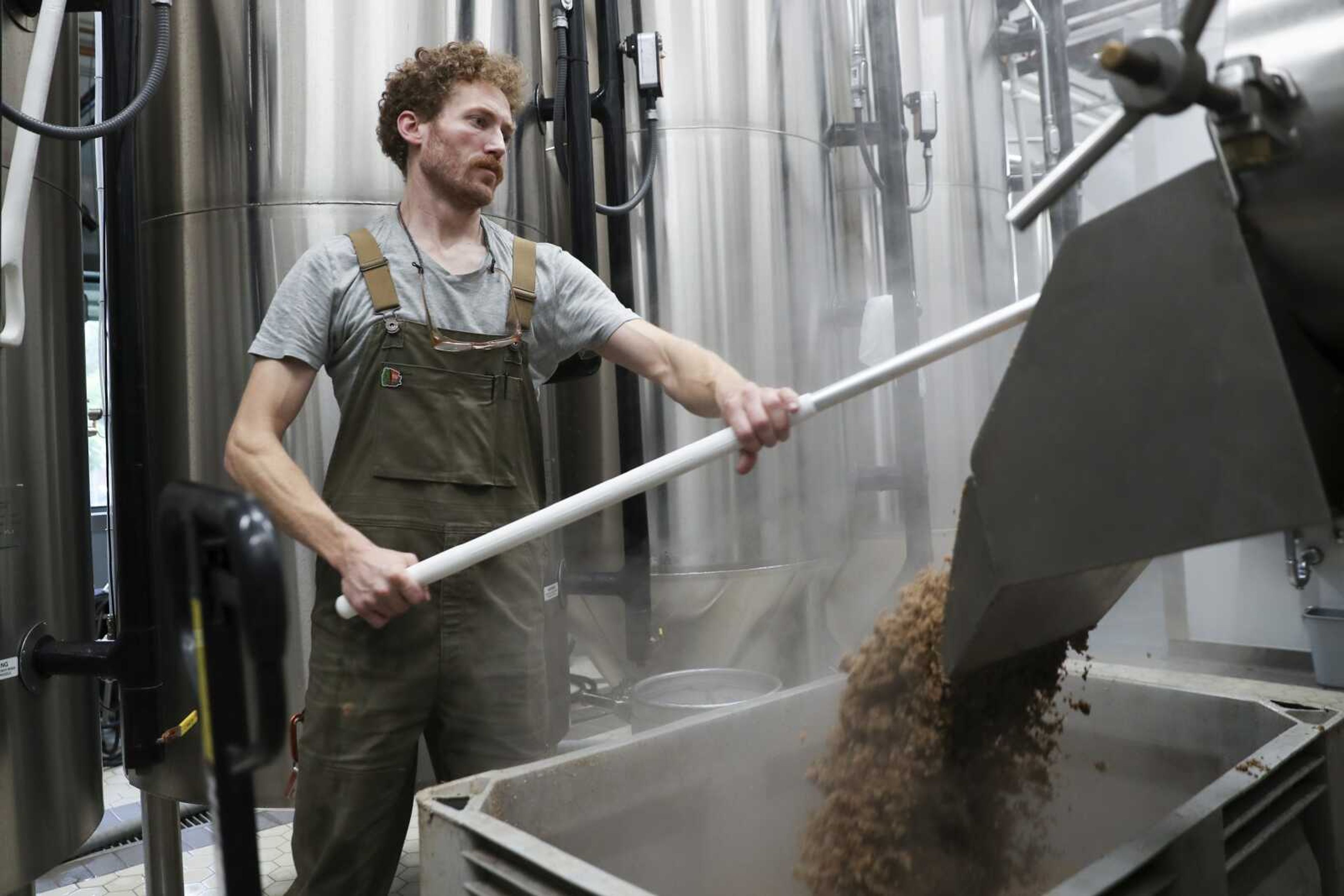Researchers, farmers, brewers want to safeguard beer against climate change
MOUNT ANGEL, Ore. -- On a bright day this fall, tractors crisscrossed Gayle Goschie's farm about an hour outside Portland, Oregon. Goschie is in the beer business -- a fourth-generation hops farmer. Fall is the off-season, when the trellises are bare, but recently, her farming team has been adding winter barley, a relatively newer crop in the world of beer, to their rotation, preparing barley seeds by the bucketful...
MOUNT ANGEL, Ore. -- On a bright day this fall, tractors crisscrossed Gayle Goschie's farm about an hour outside Portland, Oregon. Goschie is in the beer business -- a fourth-generation hops farmer. Fall is the off-season, when the trellises are bare, but recently, her farming team has been adding winter barley, a relatively newer crop in the world of beer, to their rotation, preparing barley seeds by the bucketful.
In the face of human-caused climate change impacting water access and weather patterns in the Willamette Valley -- a region known for hops growing -- Goschie will need all the new strategies the farm can get to sustain what they produce and provide to local and larger breweries alike.
All of a sudden, climate change "was not coming any longer," Goschie said, "it was here."
Climate change is anticipated to only further the challenges producers are already seeing in two key beer crops: hops and barley. Some hops and barley growers in the U.S. say they've already seen their crops impacted by extreme heat, drought and unpredictable growing seasons. Researchers are working with growers to help counter the effects of more volatile weather systems with improved hop varieties that can withstand drought and by adding winter barley to the mix.
Researchers have known for a while that beer production will be affected by climate change, said Mirek Trnka, a professor at the Global Change Research Institute. He and his team recently authored a study modeling the effect of climate change on hops, out last month in Nature Communications, that projected that yields in Europe will decrease between 4% and 18% by 2050. His first study on hops 15 years ago issued a similar warning to his latest paper.
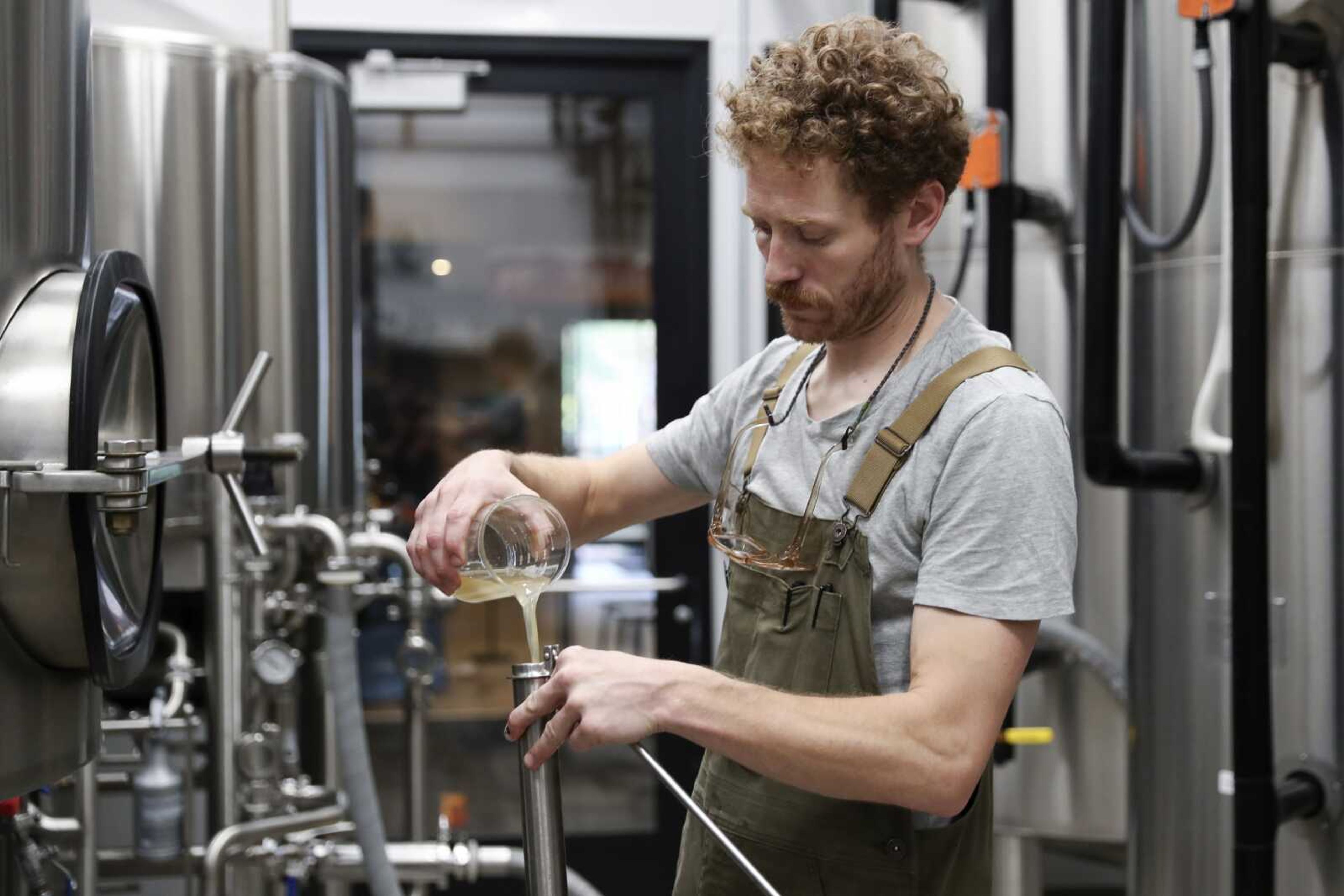
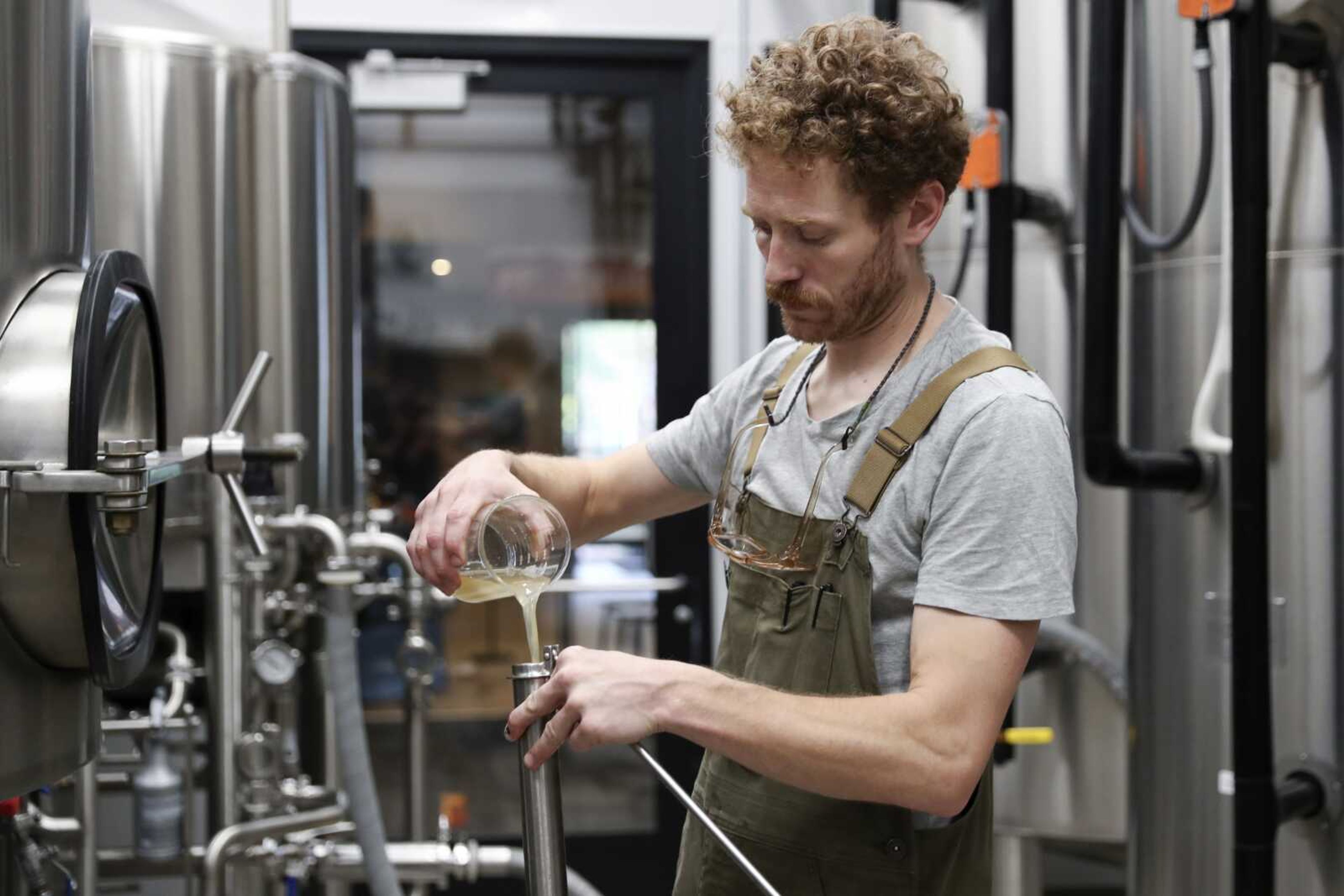
"If we don't act, we're just going to also lose things that we consider not to be, for example, sensitive or related to climate change. Like beer," he said.
Climate change moves faster than we might realize -- but still too slowly for many to notice, he said. The fact researchers have started picking up on this means there's promise for adaptation and solutions in the form of farming changes, but Trnka still has his concerns.
Hops declines in Europe mean changes for American producers, too. One craft brewery that gets some of its hops from Goschie said the company is trying to replicate the flavors of German hops using new varieties grown in the U.S. because the ones they depend upon from Europe have been impacted by hot, dry summers over the last couple of years.
That's why some researchers are working on varieties of hops that can better withstand summer heat, warmer winters, changing pests and diseases and less snowfall, which could mean less available irrigation, said Shaun Townsend, an associate professor and senior researcher at Oregon State University. Townsend is working on a project where he subjects hops to drought stress to eventually create more drought-tolerant varieties.
It's no easy task, one that can take a decade, and one that also has to take into account brewers' main considerations -- taste and yield. But the possibility of running out of water is a reality that's on people's radars, he said.
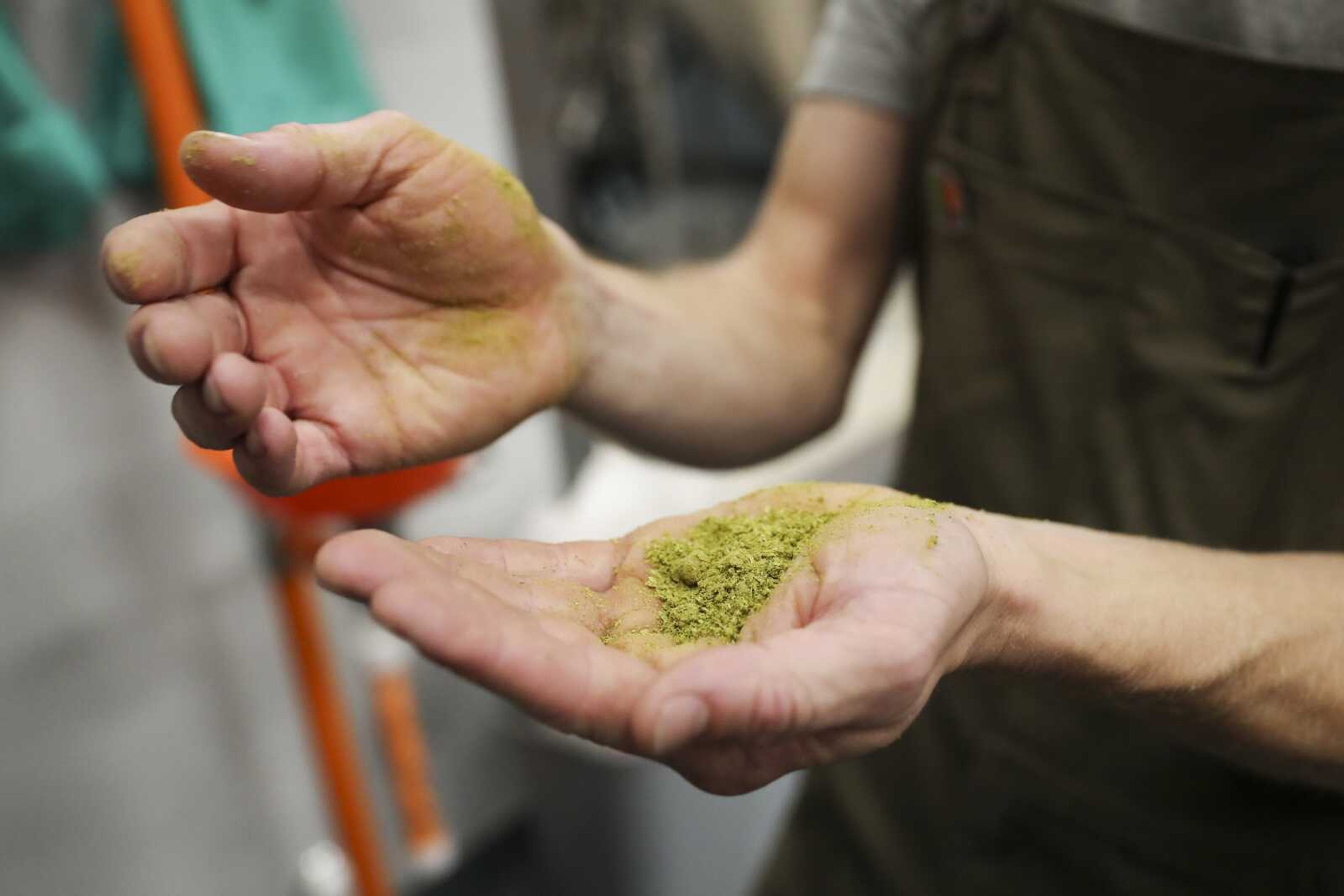
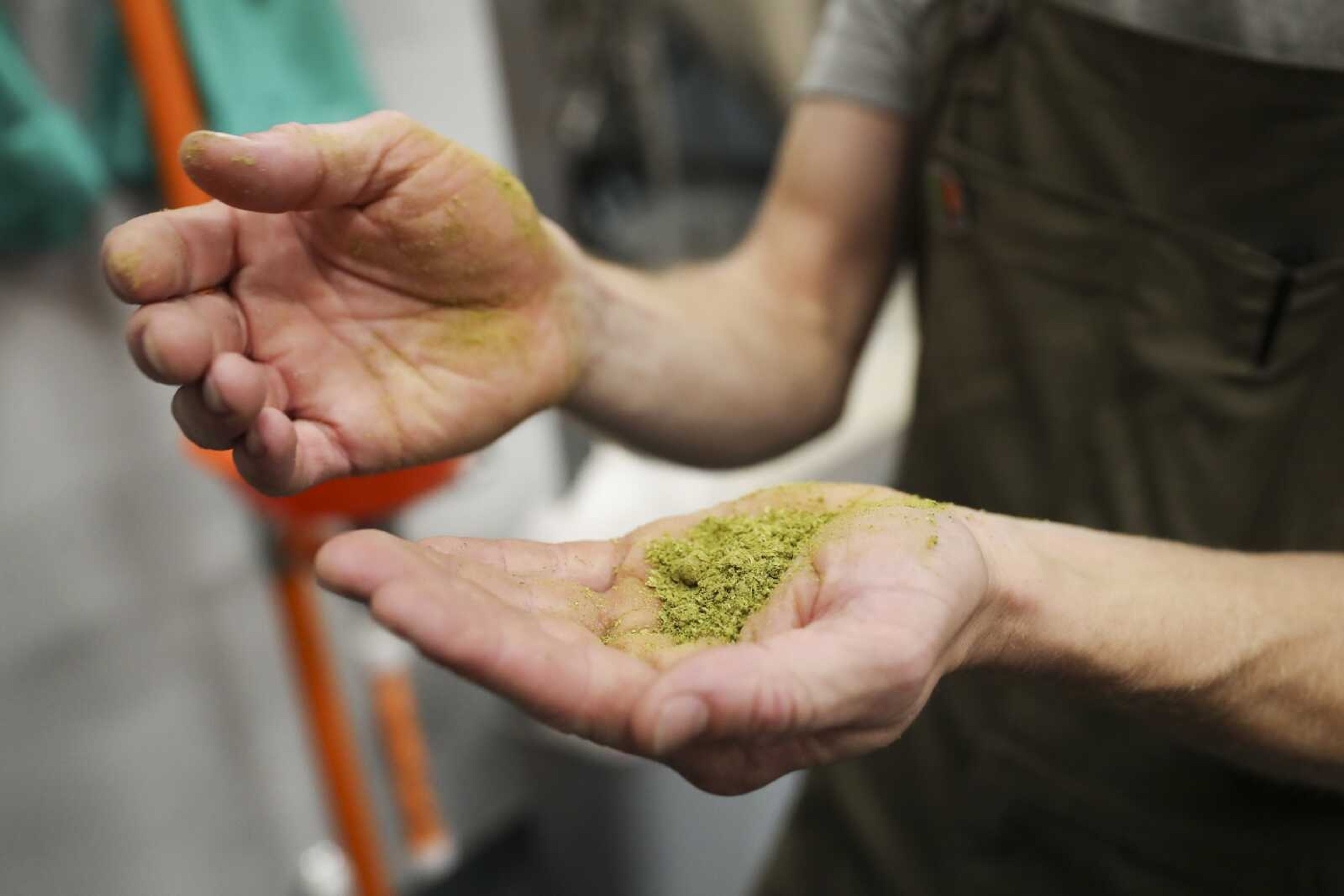
Better hops might still be a technology that's a work in progress, but the story of barley improvements is already well underway. Kevin Smith, professor of agronomy and plant genetics at the University of Minnesota, said that while spring barley is the dominant type for the U.S. beer industry, winter barley -- which is planted in the fall and kept on fields during the coldest months of the year -- may be more feasible now in the Midwest, where other barley types had been given up because of climate, plant disease and economic factors in favor of crops that are less risky.
Winter barley may also be desirable for craft breweries that have started emphasizing local ingredients and who want something grown close by. And it can also be grown as a cover crop, meaning farmers can prevent erosion, improve their soil health and keep carbon stored in the ground by planting it during the off-season when fields are normally bare.
But there hasn't always been complete consensus on the promise of winter barley. Smith told a story about his predecessor, who was a longtime spring barley breeder. Another scientist -- Patrick Hayes, a professor at Oregon State University -- was describing to him his hopes for the future of winter barley. Smith's predecessor wrote on a business card, "it can't be done", referring to his firm belief that winter barley just wasn't worth the trouble.
Hayes kept the card in his office, and has made it his life's mission to work on improving winter barley.
There are now winter barley programs at nearly every state in the country, said Ashley McFarland, the vice president and technical director of the American Malting Barley Association. She doesn't think winter barley will ever be the entirety of the crop in the U.S., but says that producers will need to diversify their risk in order to be more resilient to climate shocks.
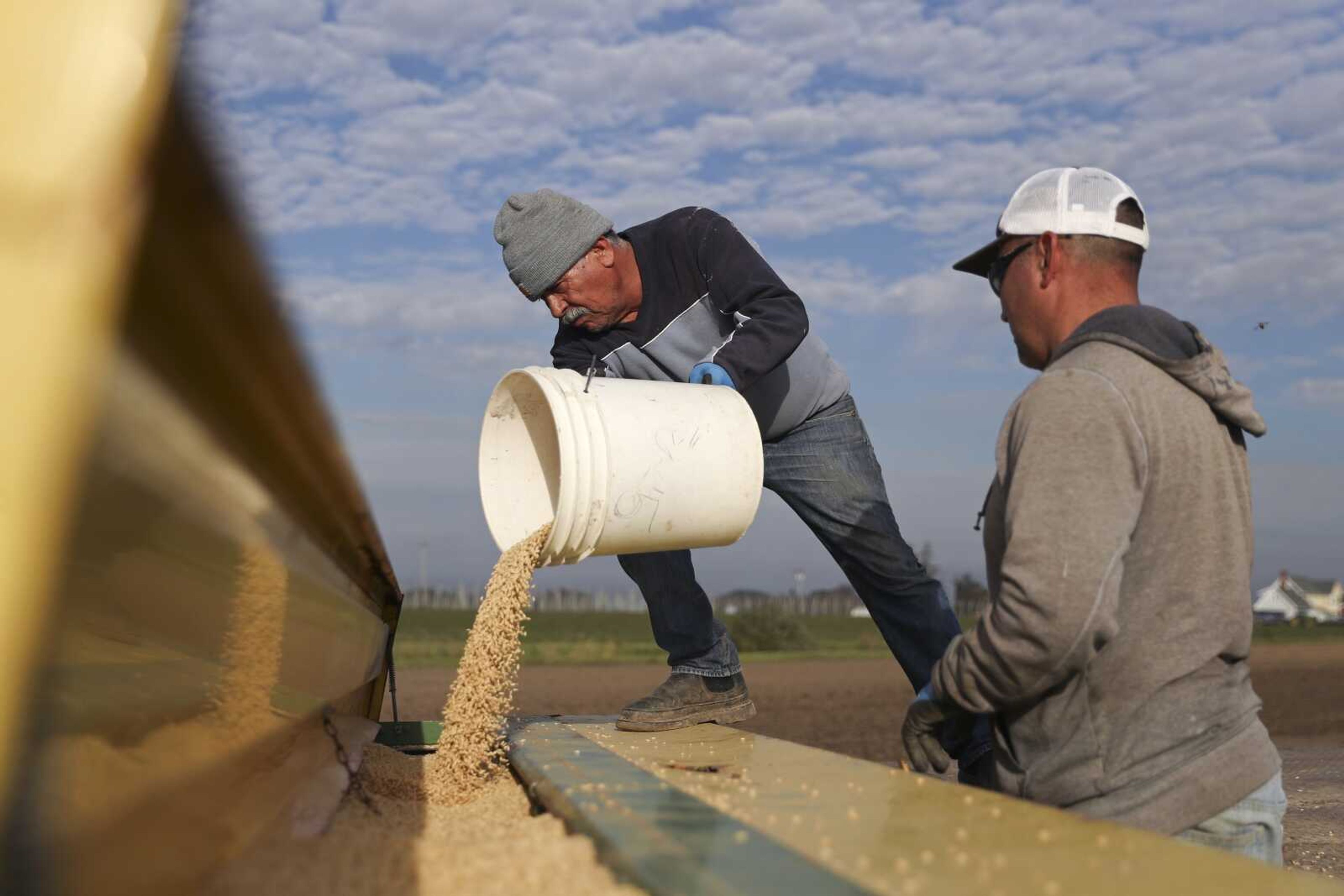
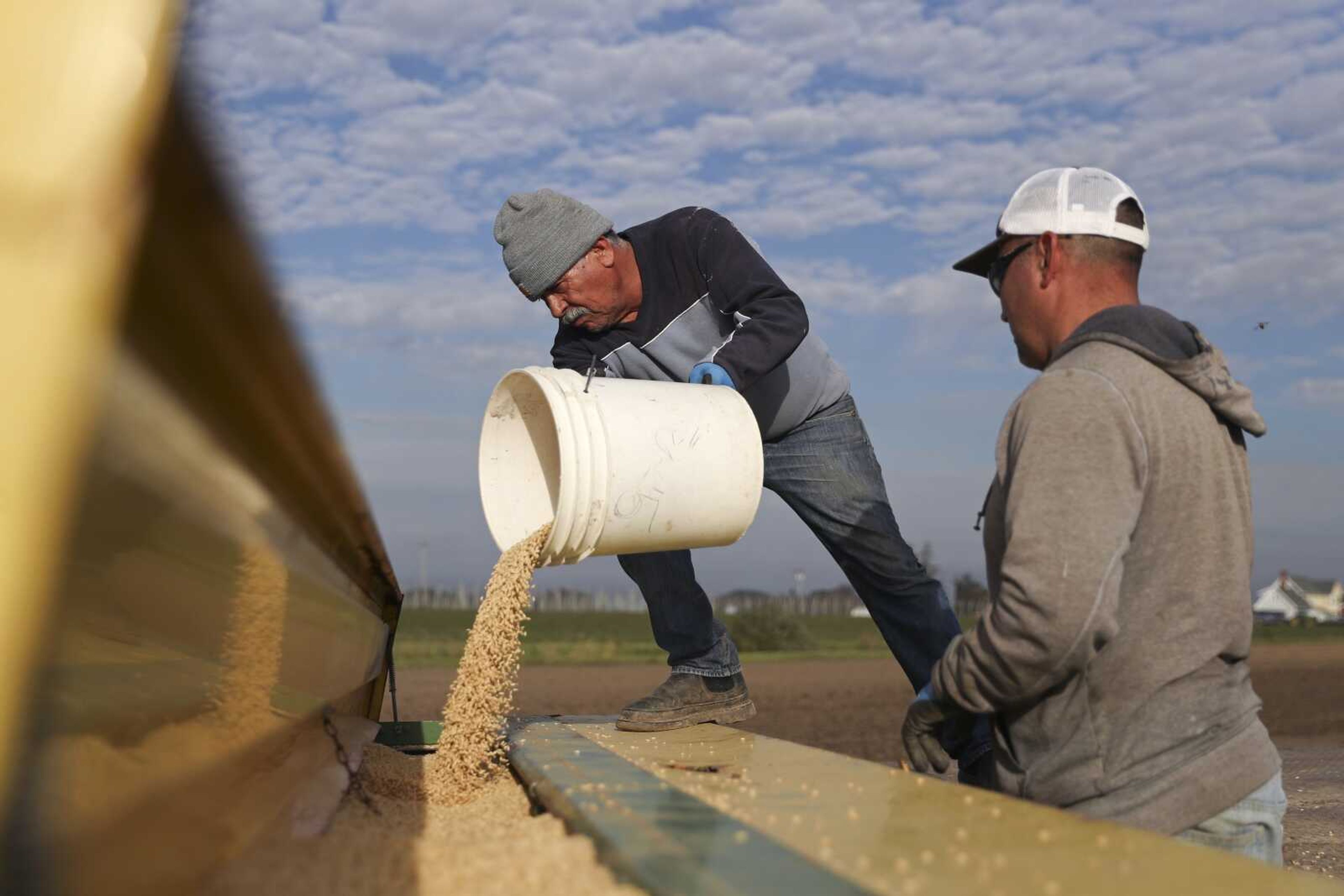
Molson Coors and Anheuser-Busch, the two biggest beer companies in the U.S., issue annual environmental reports that pledge commitments to sustainably sourcing hops and barley and reducing water usage, but neither company responded to an Associated Press request for comment on the specifics of those efforts.
Hops can be a finicky crop when it comes to their climate, and without water, you simply can't make beer, said Douglass Miller, senior lecturer at Cornell who teaches a class on beer. He added that the price of beer might rise because of climate impacts on the supply chain -- but so will the price of everything else on the menu.
"All beverage categories are being impacted by this," he said.
No matter what farmers and companies do with hops and winter barley, climate change may affect what beer-lovers are able to buy in the future.
"It will be increasingly difficult for us as plant breeders to provide new varieties of barley and new varieties of hops that can meet, just, all of the terrors of the climate change process," Hayes said. "And I say terrors because ... it's that volatility, which is so, so frightening."
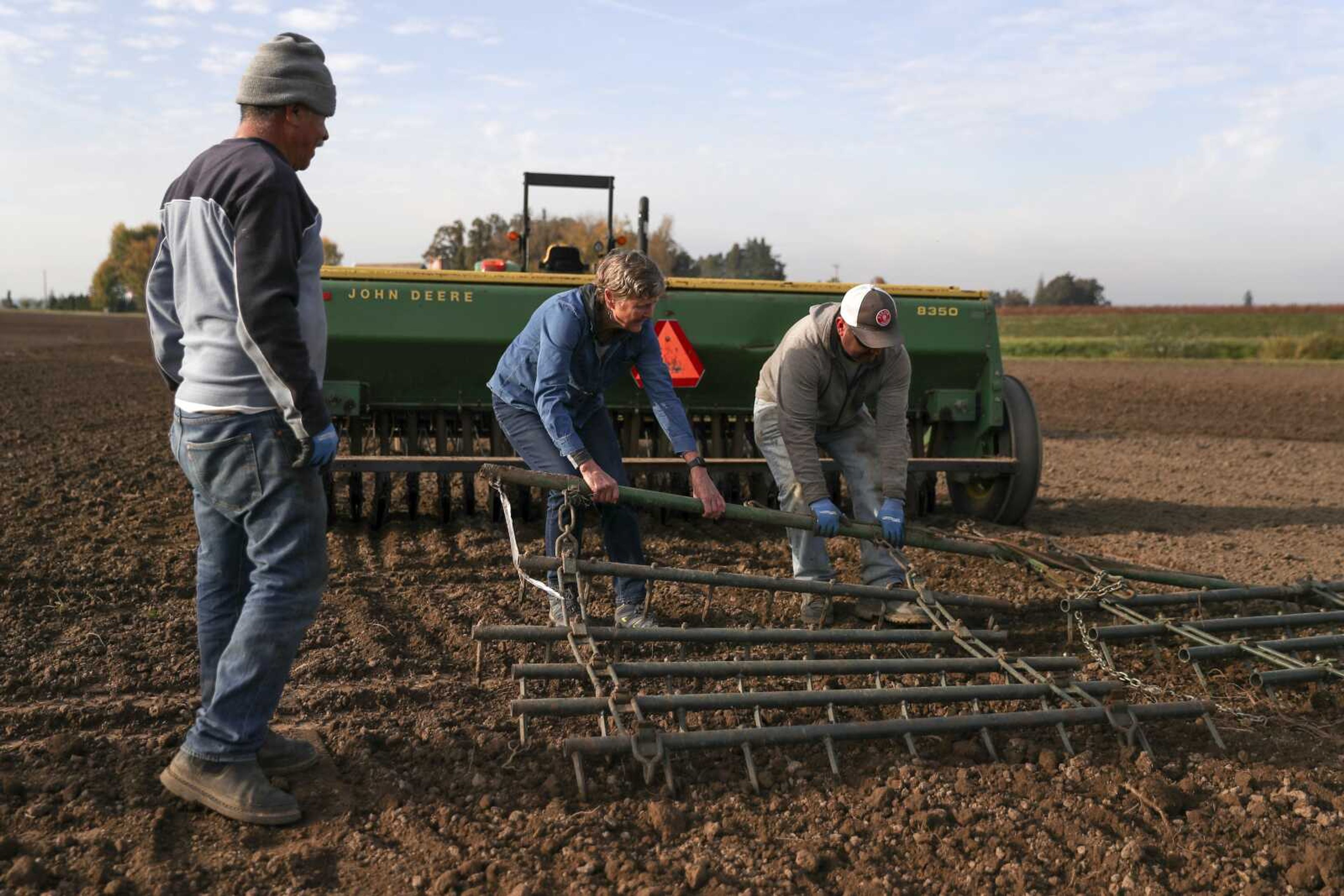
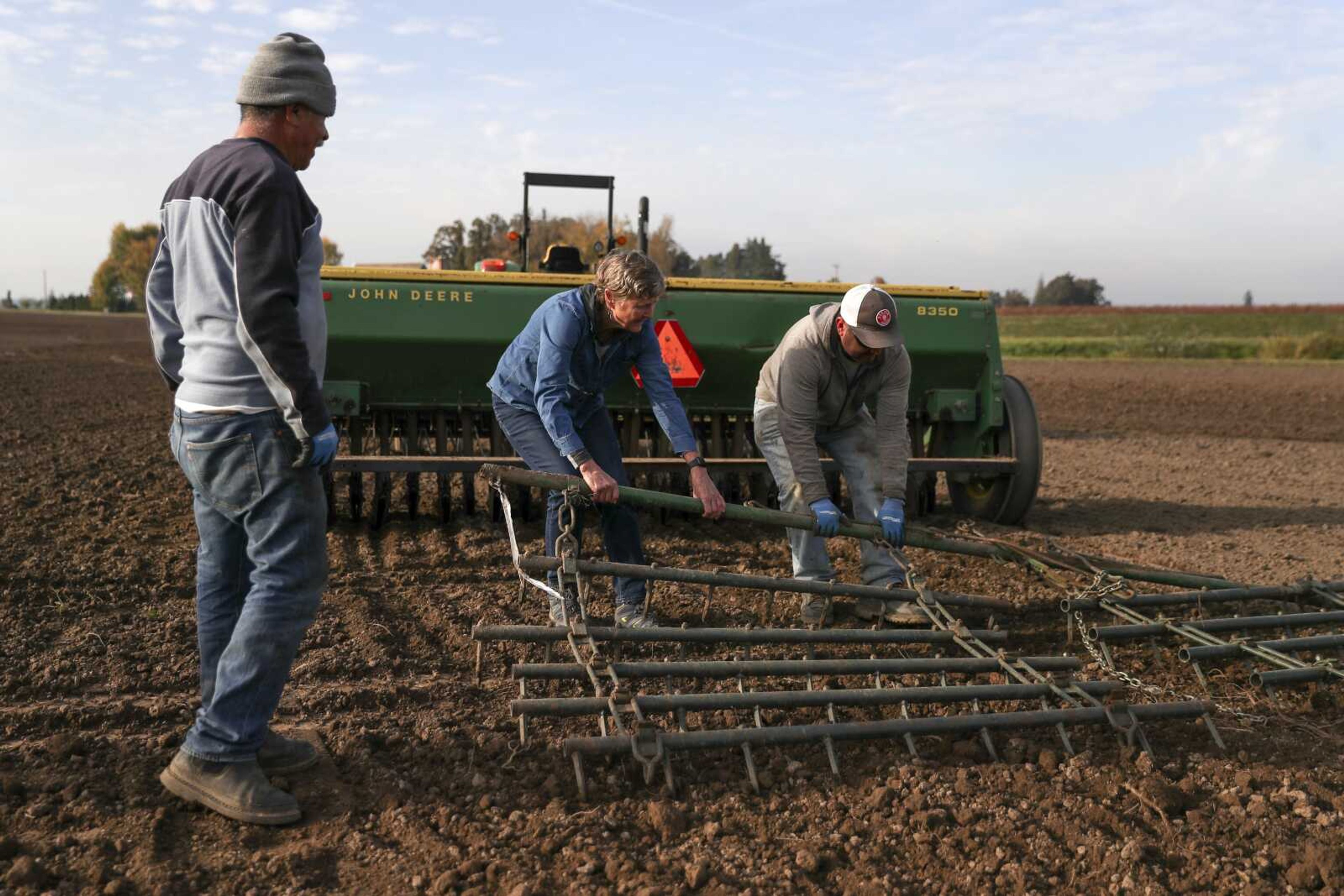
___
Associated Press journalist Dee-Ann Durbin contributed from Detroit. Walling reported from Chicago.
___
Follow Melina Walling on X, formerly known as Twitter: @MelinaWalling
___
Read more of AP's climate coverage at http://www.apnews.com/climate-and-environment
___
Associated Press climate and environmental coverage receives support from several private foundations. See more about AP's climate initiative here. The AP is solely responsible for all content.
Connect with the Southeast Missourian Newsroom:
For corrections to this story or other insights for the editor, click here. To submit a letter to the editor, click here. To learn about the Southeast Missourian’s AI Policy, click here.
